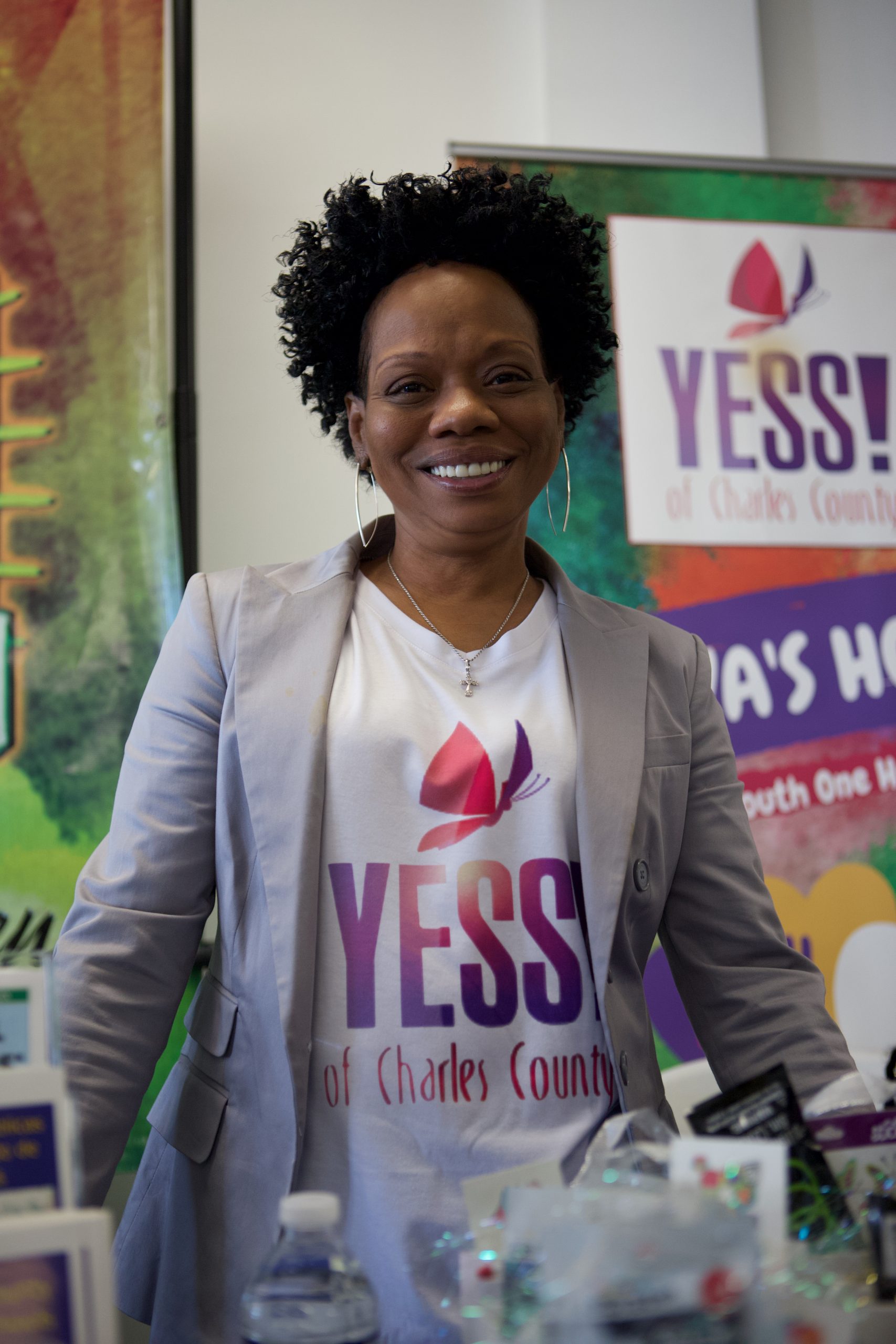
At their most fundamental, planning and economic development are about ensuring that citizens have access to the basic necessities for life. Food, clothing, and shelter are the traditional trio, but in a modern community those necessities also include things like clean water, electricity, health care, and transportation, and access to employment, education, and enrichment opportunities. The health of any community can be judged by the ready availability of those services for everyone in it.
“The hard reality is that a rising tide does not always lift all ships,” said United Way of Charles County Executive Director Michael Bellis. “The stock market can be doing great if you own stocks. You can see parts of our economy surge and other parts where that has not trickled down to everyone in our community. And that need tends to grow … as their buying power diminishes [and] as the resources they have access to don’t grow.”
To help meet the needs of Charles County residents whose access and buying power aren’t enough to meet their needs, late last year Bellis began organizing monthly Community Connections Service Pop-Ups in underserved areas to provide a wide range of needed services such as tax preparation, dental care, medical and legal advice, health care documentation, and more, all provided free of charge to anyone who walks in the door. The latest pop-up was held Saturday, March 7, at the community outreach center at the Bryans Road Shopping Center.

“Our building blocks at United Way have always been health, education, and financial stability,” Bellis explained. “We try and offer some … component of that at each of these events because we believe those are the building blocks to a healthy, safe, and sustainable life.”
Affordable housing is a crucial component of any well-rounded community planning policy, Bellis argued. “At the end of the day, housing affordability is a problem of the private sector and planning not being on the same page,” he argued. “The planning department absolutely has to acknowledge the need that exists here, and we need to identify and create more favorable policies in our community that are going to benefit the people who are coming to our pop-ups every month, because we’re not doing that.”
One of the many local organizations present at Saturday’s pop-up was The Worship Center in Bryans Road, which contributed free refreshments for visitors and volunteers. Lead pastor Rev. Dr. Steve Davis said that over the course of his many years living in the area, he has seen many people struggling to make ends meet despite the statistics that show the Bryans Road area has a relatively high median income, good houses, and proximity to Prince George’s County and the metropolitan Washington, DC, area.
“It just seems like people here are having a real tough time making it,” Davis said. “There doesn’t seem to be a magic bullet.”
“We are involved in the community,” Davis said of his congregation, which also operates a food bank. “We’re mostly active and prior military, law enforcement, and federal agency people. We’re people who want to do stuff.”
“It just seems like people here are having a real tough time making it. There doesn’t seem to be a magic bullet.”
Rev. Dr. Steve Davis, The Worship Center

Community involvement is an essential indicator of the health of any town, city, or county, but there’s a very blurry and ever-moving line that demarcates the point where the members of a community are no longer supplementing the basic necessities traditionally provided by public and private sources, but are providing them. When that happens, it’s an indication of an imbalance in existing planning and development policies and strategies, and the community, county government, and the private sector need to look at those shortcomings and decide how they’re going to address them.
This is a Band-Aid approach,” Bellis said of Saturday’s pop-up. “At the end of the day, we do think that we’re making a big difference for a lot of families in terms of getting them access to resources that’ll help them prevent that step slide into poverty, but until we can really take a bite out of … some of the systemic problems that exist in our community — housing affordability being at the very top of that list — we’re going to continue to see these grow when in reality they should be diminishing.”
top: Jacqueline Younger, program coordinator at YESS! of Charles County, which provides support services for vulnerable youth. YESS! was one of several local organizations that participated in Saturday’s community services pop-up in Bryans Road. (photo by Paul Lagasse)
